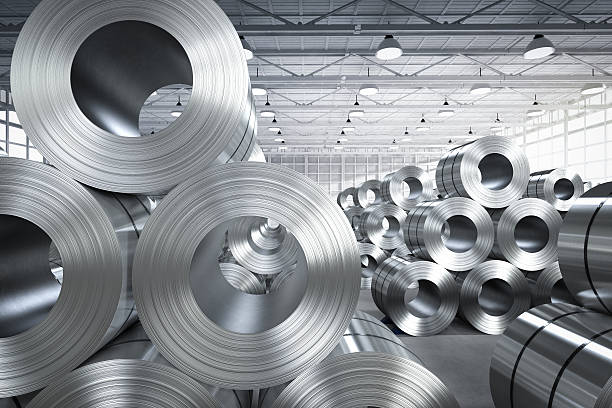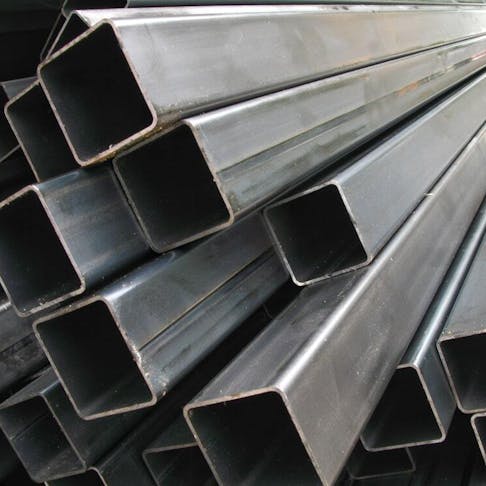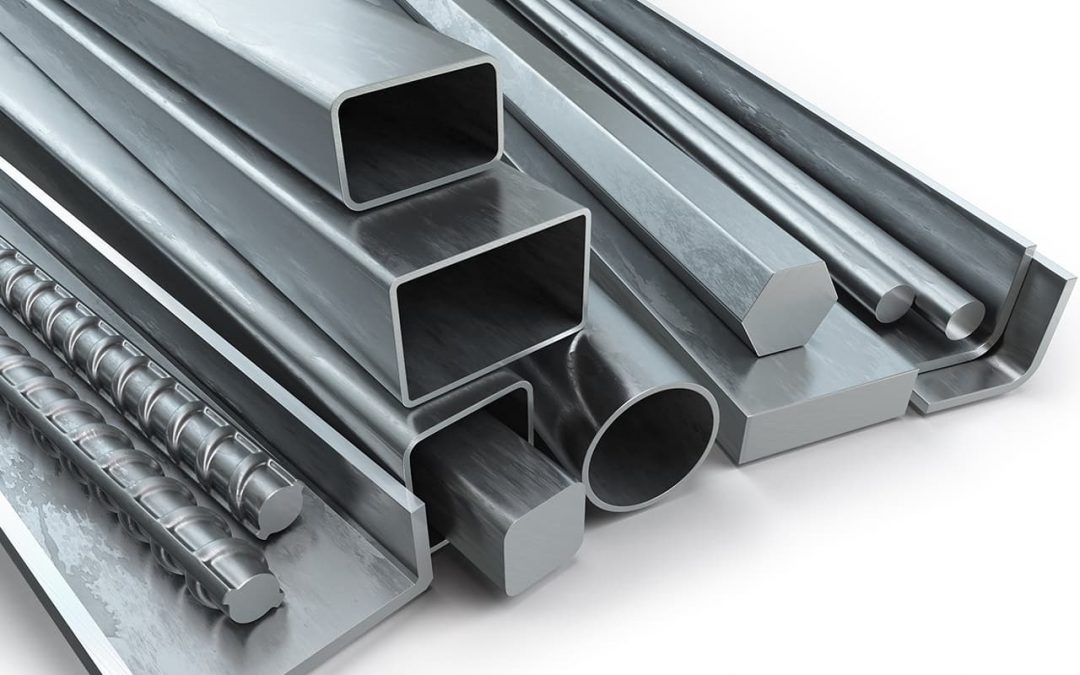Steel in Automotive Industry:
The steel in automotive industry heavily relies due to its unmatched strength, durability, and versatility. Steel’s application ranges from the vehicle’s structural framework to intricate components, ensuring safety and performance. Innovations in high-strength steel have allowed for the creation of lighter, more fuel-efficient vehicles without compromising safety. As the industry moves towards sustainability, the use of recyclable steel also supports environmental goals, making it a cornerstone material in modern steel in automotive industry and manufacturing.
Strength and Durability:
Steel’s strength and durability are crucial in the automotive industry. It ensures the structural integrity of vehicles, providing resistance against impacts and daily wear. This reliability makes steel an essential material for manufacturing robust and safe cars, capable of withstanding various stresses and extending the vehicle’s lifespan.
Safety:
Steel significantly enhances vehicle safety. High-strength steel is used in critical areas like the chassis and safety cages, effectively protecting occupants during collisions. Its robust properties ensure that vehicles meet stringent safety standards, providing drivers and passengers with essential protection on the road.

Weight Reduction:
Innovative steel alloys have enabled significant weight reduction in vehicles. These lightweight yet strong materials help lower overall vehicle weight, enhancing fuel efficiency and performance without compromising safety. This advancement allows manufacturers to create more eco-friendly cars that meet environmental standards while maintaining high safety and durability levels.
Cost-Effectiveness:
Steel is cost-effective for automotive industry due to its affordability and availability. Its lower cost compared to alternative materials helps reduce production expenses, making it economically viable for mass production. This cost efficiency enables manufacturers to offer competitively priced vehicles without sacrificing quality or performance.

Versatility:
Steel’s versatility makes it ideal for automotive applications. It can be easily molded into various shapes and sizes, accommodating intricate designs and complex components. This adaptability allows for innovative engineering solutions and customization, ensuring that vehicles meet diverse performance, aesthetic, and functional requirements.
Recyclability:
Steel’s recyclability is pivotal in the automotive industry’s sustainability efforts. Seamless pipes, as a crucial component of steel’s recyclability, support eco-friendly manufacturing practices by reducing waste and conserving natural resources. Recycled steel, including seamless pipes, can be reused in new vehicles or other industries, minimizing environmental impact and promoting circular economy principles within the automotive sector.
Corrosion Resistance:
Corrosion resistance is essential in automotive steel, ensuring longevity and durability of vehicle components. Advanced treatments and coatings protect against rust and deterioration, particularly in harsh environments. This property extends the lifespan of automotive parts, reducing maintenance costs and enhancing overall vehicle reliability, making it crucial for long-term performance and safety.
Performance:
Performance is paramount in automotive steel, guaranteeing optimal functionality and reliability under diverse conditions. Steel’s ability to maintain strength and integrity in extreme temperatures and stresses ensures consistent performance in various driving scenarios. This capability enhances vehicle safety, durability, and overall driving experience, making it indispensable in modern automobiles.
Conclusion:
In conclusion, steel in automotive industry, providing unparalleled strength, safety, and versatility. Its contributions to weight reduction, cost-effectiveness, and performance highlight its crucial role in modern vehicle manufacturing. With ongoing advancements in steel technology, its prominence in the automotive sector is expected to continue, ensuring safer, more efficient, and sustainable transportation solutions for the future.For further insights, visit LOKHANDWALAPK.COM.
FAQ’S”
How is steel used in the automotive industry?
Steel is used extensively in the automotive industry for various components, including the chassis, body structure, engine parts, and safety features like airbags and seat-belts.
Why is steel preferred over other materials in automotive manufacturing?
Steel offers a unique combination of strength, durability, affordability, and recyclability, making it the preferred choice for mass-produced vehicles.
Does using steel contribute to vehicle weight reduction?
Yes, advancements in steel technology have led to the development of lightweight yet strong alloys, enabling vehicle manufacturers to reduce weight without compromising safety or performance.
How does steel contribute to vehicle safety?
High-strength steel is used in critical areas like the chassis and safety cages, providing excellent crash protection and ensuring occupant safety during collisions.
Is steel recyclable, and how does it benefit the automotive industry?
Yes, steel is highly recyclable, supporting sustainable manufacturing practices and reducing environmental impact.
